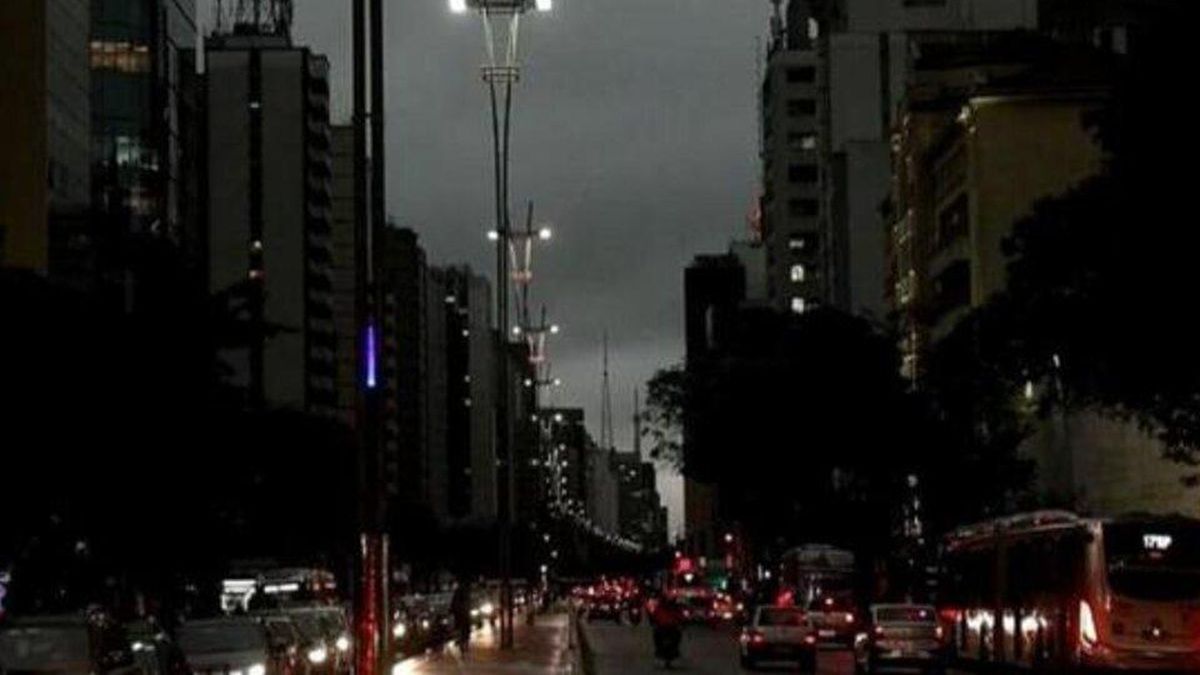Storing carbon dioxide in the ground? Environmental groups are worried, but the government is tackling the issue. And the cabinet wants to give a boost to an important source of hope for the energy transition.
The German government wants to make underground storage of climate-damaging CO2 possible in Germany. The cabinet in Berlin approved a corresponding draft of the Carbon Dioxide Storage Act. According to this, CO2 storage is planned primarily in the North Sea. However, the Bundestag and Bundesrat still have to agree.
In February, the federal government had already presented the key points of a so-called carbon management strategy. The cabinet also approved these key points. “It is better that CO2 is safely in the ground than in the atmosphere,” said Federal Minister of Economics Robert Habeck (Greens).
The German government believes that the use of the technology is necessary in order to achieve climate targets. This will involve emissions that are difficult to avoid, especially in lime and cement production and waste incineration. Environmental groups oppose the storage of CO2. The technology is considered, among other things, to be very expensive and hardly applicable on a large scale. “Nobody can predict how long the planned CO2 repositories will remain sealed,” warned Greenpeace. If Robert Habeck’s CCS strategy fails, we will be faced with a climate policy shambles.” CCS stands for Carbon Capture and Storage.
Hydrogen projects “in the overriding public interest”
The cabinet also passed a draft law that is intended to give a boost to hydrogen projects. Hydrogen is seen as a climate-friendly beacon of hope for the energy transition. “Hydrogen will play an important role in storing and transporting renewable energies,” the draft states. “This is because hydrogen must be used in particular in those economic sectors in which it is not possible or economical to convert procedures and processes to greenhouse gas neutrality through direct electrification.”
Among other things, faster planning and approval of hydrogen projects is planned. Like other energy transition projects, these are to be classified as “in the overriding public interest”, which will enable decisions to be made more quickly. However, there will be an exception in cases where water shortages could arise due to the construction of electrolyzers used to produce hydrogen. These require a lot of water, explained Habeck. “And with changing weather and increasing global warming, we see that water can sometimes become a scarce commodity.” If the drinking water supply could be affected or areas that are particularly important for climate protection, such as floodplains, moors and protected wetlands, decisions cannot be made as quickly as in other cases.
The municipal utilities association VKU welcomed the innovations regarding hydrogen overall, but warned that the regulations on water protection still need to be improved – here, approval procedures are in danger of becoming unnecessarily complicated.
Source: Stern




